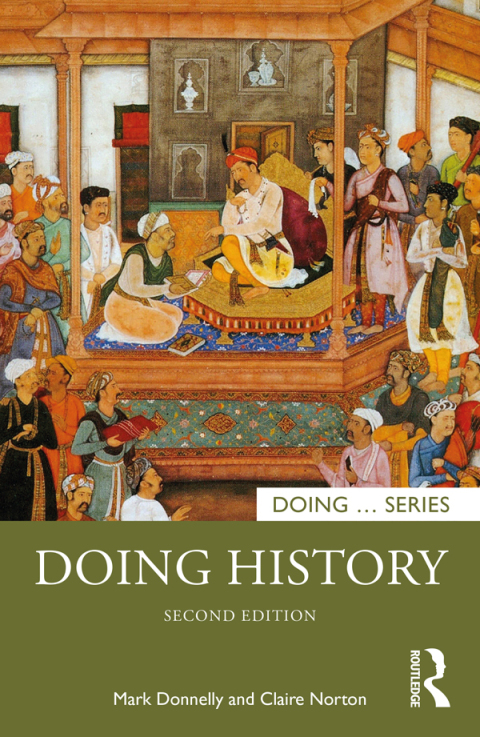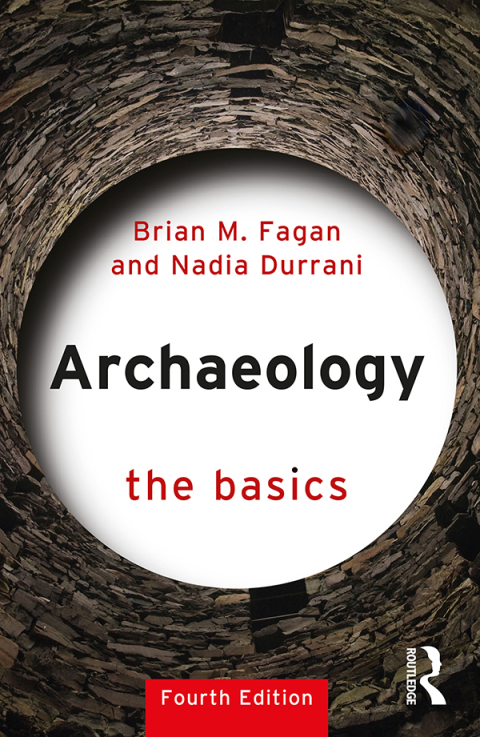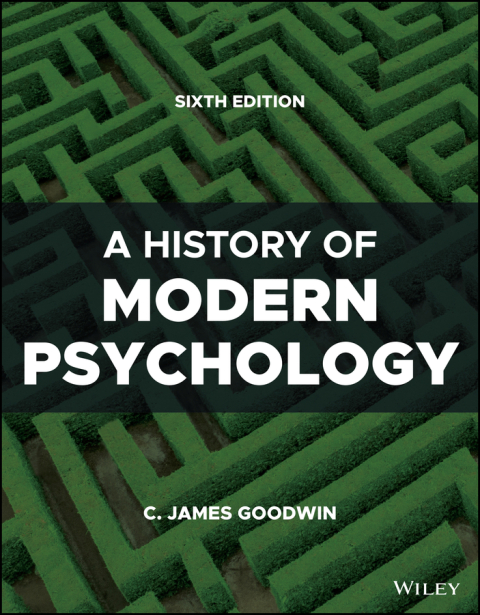Description
Efnisyfirlit
- Cover
- Half Title
- Title Page
- Copyright Page
- Dedication
- Contents
- Acknowledgements
- Preface
- Part I What is history?
- 1 Introduction
- Is history the same as the past?
- Why study history?
- What are the functions of history?
- What is historiography?
- Notes
- Further reading
- 2 Pre-modern historians on history
- History in the ancient world
- Pre-modern Islamic history
- Early modern Ottoman historians
- Progressive, linear history and modernity
- Notes
- Further reading
- 3 Academic history
- Nationalism, Ranke and history in the university
- Reconstructionist history
- History from below – social science-influenced, constructionist history
- Marxism and socio-economic approaches to history
- The Annales school
- Postmodernism, deconstructionism and the re-imagination of history writing
- Voices: whose past is told?
- Notes
- Further reading
- Part II What historians do
- 4 Using sources
- What are primary and secondary sources?
- How do historians use sources?
- Do primary sources provide access to the past?
- Notes
- Further reading
- 5 Creating historical knowledge
- What is the historical method?
- Does the historical method ensure that our knowledge of the past is objective and true?
- Responses to postmodern challenges
- Plural pasts and Rortian pragmatism: an alternative view of historical knowledge
- How can we distinguish between good and bad history?
- Notes
- Further reading
- 6 Writing histories: Historical interpretations and imagination
- What kinds of questions do historians answer?
- Are there ‘right answers’ to historical questions?
- What is the role of imagination in history writing?
- Why do historians disagree with each other?
- Notes
- Further reading
- Part III Whose history?
- 7 The power of history
- Colonial history
- Nationalist history
- The history curriculum – who decides what is taught and why?
- The power of the professional historian
- The power of the archive
- The myth of history for its own sake
- Notes
- Further reading
- 8 Histories from another perspective
- Introduction
- Non-Eurocentric history
- Postcolonial history
- Feminist and LGBTQ+ history
- Black history
- Conclusion
- Notes
- Further reading
- 9 Popular history
- History without historians
- Digital histories
- Screening the past
- Past presencing
- Notes
- Further reading
- Part IV History today
- 10 Public history
- What is public history?
- The heritage industry
- What is shared authority?
- Collective memory
- Notes
- Further reading
- 11 Liberating history
- Ethical meditations, identity and activism
- The end of history? Vernacular forms of past-talk
- Colonial trophies
- Conclusion
- Notes
- Further reading
- Bibliography
- Index






Reviews
There are no reviews yet.